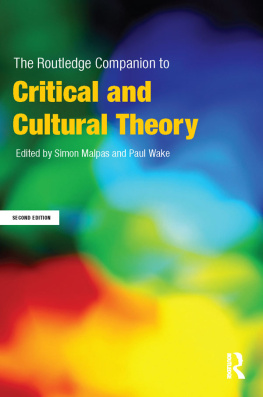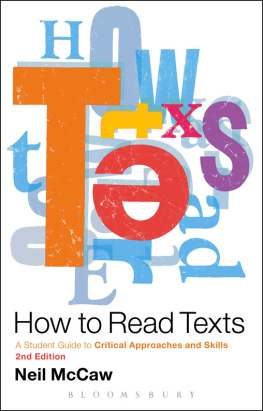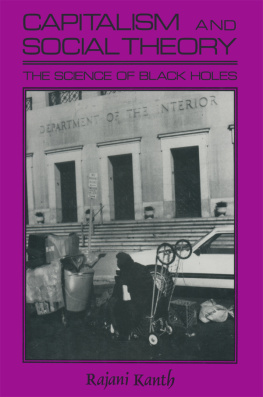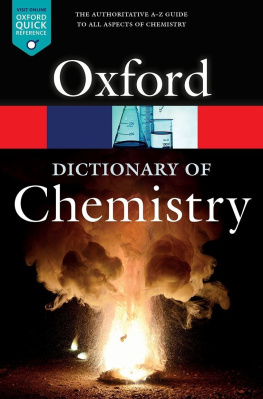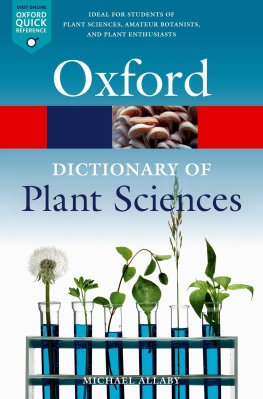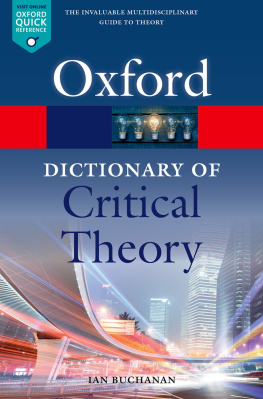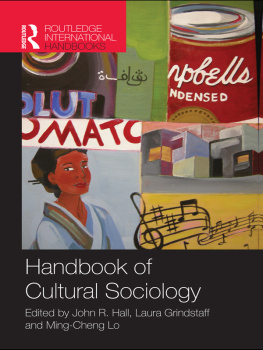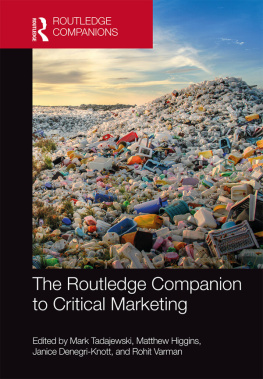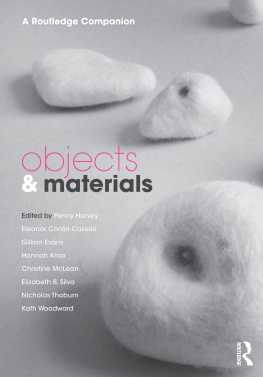THE ROUTLEDGE COMPANION TO
CRITICAL AND CULTURAL THEORY
Now in a fully updated second edition, The Routledge Companion to Critical and Cultural Theory is an indispensible guide to some of the most important theories in the arts, humanities and social sciences. A series of introductory essays and an accompanying dictionary of key names and terms explain and explore fundamental concepts such as:
| Marxism | Gender and Queer Theory |
| Trauma Theory | Structuralism |
| Ecocriticism | Narrative |
| Psychoanalysis | Postcolonialism |
| Feminism | Deconstruction |
| Posthumanism | Postmodernism |
With new essays, updated further reading and a wealth of new dictionary entries, this new edition is an invaluable guide for all students of theoretically informed disciplines.
Simon Malpas is Senior Lecturer in English Literature at Edinburgh University. His research interests include aesthetics, continental philosophy, literary theory and post-modernism, and he is the author of The Postmodern (Routledge, 2006).
Paul Wake is Senior Lecturer in English Literature at Manchester Metropolitan University where he specializes in narrative and literary theory.
THE ROUTLEDGE COMPANION TO
CRITICAL AND CULTURAL THEORY
Second edition
Edited by
Simon Malpas and Paul Wake
Second edition published 2013
by Routledge
2 Park Square, Milton Park, Abingdon, Oxon OX14 4RN
Simultaneously published in the USA and Canada
by Routledge
711 Third Avenue, New York, NY 10017
Routledge is an imprint of the Taylor & Francis Group, an informa business
2013 Simon Malpas and Paul Wake, editorial and selection matter; individual entries, the contributors
The right of Simon Malpas and Paul Wake to be identified as authors of the editorial material, and of the authors for their individual entries, has been asserted by them in accordance with sections 77 and 78 of the Copyright, Designs and Patents Act 1988.
All rights reserved. No part of this book may be reprinted or reproduced or utilised in any form or by any electronic, mechanical, or other means, now known or hereafter invented, including photocopying and recording, or in any information storage or retrieval system, without permission in writing from the publishers.
Trademark notice: Product or corporate names may be trademarks or registered trademarks, and are used only for identification and explanation without intent to infringe.
First edition published 2006
by Routledge
British Library Cataloguing in Publication Data
A catalogue record for this book is available from the British Library
Library of Congress Cataloging in Publication Data
The Routledge companion to critical and cultural theory / edited by
Paul Wake and Simon Malpas. 2nd edition.
pages cm. (Routledge Companion Series)
Includes bibliographical references and index.
Originally published: New York : Routledge, 2006, under title
The Routledge companion to critical theory.
1. Criticism. 2. Criticism (Philosophy) I. Wake, Paul. II. Malpas, Simon.
PN81.R68 2013
801.95--dc23
2012047978
ISBN: 978-0-415-66829-3 (hbk)
ISBN: 978-0-415-66830-9 (pbk)
ISBN: 978-0-203-52079-6 (ebk)
Typeset in Times New Roman
by Saxon Graphics Ltd, Derby
CONTENTS
Huw Jones
Kate McGowan
Paul Wake
Glyn Daly
Catherine Belsey
Simon Malpas
Rob Lapsley
Andrew Benjamin
Susan Hekman
Donald E. Hall
Linda Hutcheon
Apollo Amoko
Ivan Callus and Stefan Herbrechter
Laurence Coupe
Richard Crownshaw
We would like to thank our colleagues in the Departments of English at Manchester Metropolitan University and English Literature at Edinburgh University for their support during the writing of this book. We would also like to acknowledge the invaluable support of MMU's English Research Institute, who created a research post in the early stages of the project, without which it may never have got going. The editors and readers at Routledge have offered invaluable advice and assistance throughout the project, and, but for their enthusiasm, professionalism and encouragement, it is unlikely that this book would ever have been completed. Thanks too must also go to all of the contributors who have made working on this book a real pleasure and to whom its overall quality must be attributed, and to Mary Garland for her help with the proofreading of the first edition, and to Lisa Williams for her copy-editing of the second edition.
We should also like to offer our thanks and gratitude for their patience to our long-suffering partners, Erikka Askeland and Christine Kessler.
EDITORS' INTRODUCTION
TO THE FIRST EDITION
STUDYING CRITICAL THEORY
To some students approaching it for the first time, critical theory can appear obscure, arcane, obfuscatory and even a distraction from what should be the real focus of one's interest the literary texts, works of art, films or television programmes, historical periods or forms of behaviour and experience that one expected to discuss on courses in literary criticism, history of art, media studies, history or psychology. Theory is, however, none of these things.
Although theoretical writing can often appear to be very complex and to employ vocabularies and ways of thinking that are different from those with which most of us might be familiar, it engages with questions, ideas and issues that are crucial to our experiences of identity, culture and society, and focuses precisely on the ways in which literature, art, the media, history and individuals communicate and interact in the world in which we live. Critical theory allows us to explore the cultural production and communication of meanings in precise and nuanced ways, and from a range of different perspectives. It questions the ways in which we might be used to making sense of artistic, historical or cultural artefacts and prompts us to reconsider our beliefs and expectations about the ways individuals interact with material things and with each other. Put very simply, critical theory aims to promote self-reflexive explo-rations of the experiences we have and the ways in which we make sense of ourselves, our cultures and the world.
Critical theory has become a necessary element of advanced study in the arts, the humanities and the social sciences because of the now widely shared recognition that meaning is neither natural nor immediate. Language is not a transparent medium through which ideas can pass between minds without alteration. Rather, as almost all of the essays and entries in this book acknowledge, it is a set of conventions that influence or even determine the sorts of ideas and experiences people are able to have. Language is cultural (some thinkers even claim it is the essence of culture), and therefore open to criticism and change. If linguistic meaning were naturally given, for example, why would there be more than one language? A word does not mean what it does naturally; rather meanings arise on the basis of complex linguistic and cultural structures that differentiate between truth and falsity, reality and fantasy, and good and evil, and are inextricably tied up with value judgements and political questions, as well as with identity, experience, knowledge and desire. By exploring the processes by which texts, objects and even people come to be associated with particular sets of meanings, critical theory sets out to question the legitimacy of common sense or traditional claims made about experience, knowledge and truth. On this basis, different critical theories set out to explore our fundamental beliefs about existence and question the guiding structures and suppositions that organize our interactions.

